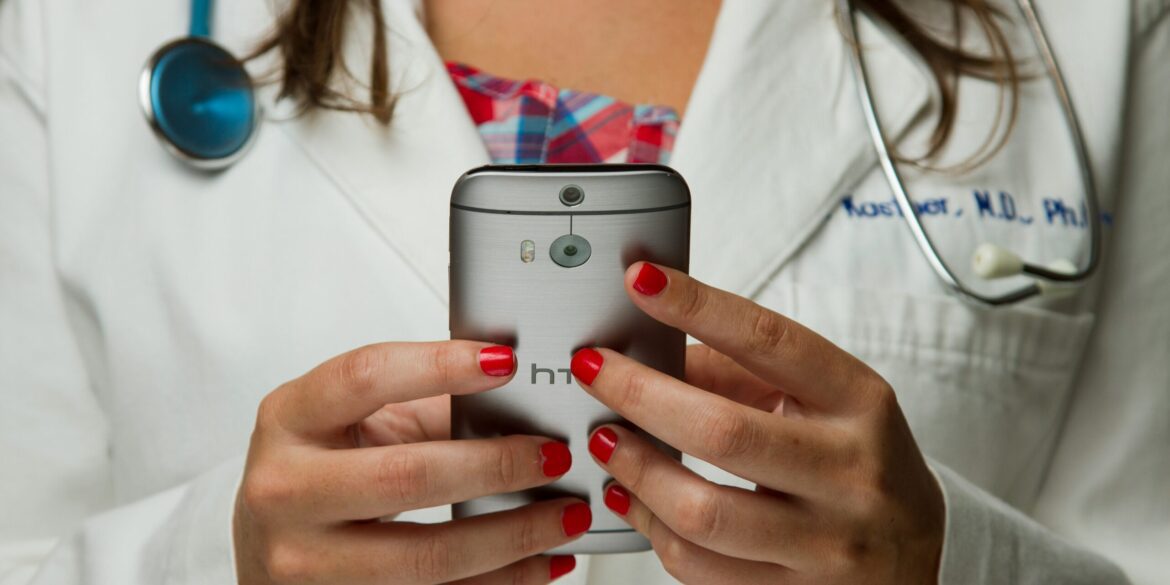The growing prevalence of mental health concerns has prompted researchers to explore innovative ways to improve the detection and treatment of mental health conditions. One such advancement is the use of smartphone sensors to monitor patterns that may be linked to various mental health symptoms. Traditionally, mental health diagnoses and assessments have heavily relied on self-reports, where individuals provide feedback about their mental state based on their own observations or through periodic visits to healthcare providers. While useful, self-reports are often subjective and may not fully capture the nuances of an individual’s mental health status. Smartphone sensors, however, offer a new approach by gathering continuous, real-world data about a person’s behavior, physical activity, and even physiological responses in everyday settings.
Smartphones are equipped with a variety of sensors, such as accelerometers, GPS, microphones, and heart rate monitors, which can capture a range of behaviors that are indicative of mental health changes. For example, patterns in physical activity or changes in sleep patterns can often correlate with mental health conditions such as depression or anxiety. Researchers are particularly interested in these patterns because they can offer a more accurate, timely, and consistent measure of an individual’s mental state, compared to the more episodic nature of traditional assessments.
This continuous data stream holds the potential to provide valuable insights that could improve both the accuracy and timing of mental health diagnoses. By analyzing data in real-time, clinicians may be able to track how a patient’s mental state fluctuates over time, pinpointing early signs of distress or potential mental health deterioration before they become more severe. This could enable earlier interventions, which are critical for improving patient outcomes and preventing the progression of certain mental health disorders.
One of the main advantages of using smartphone sensors is that they collect data in real-world environments, giving clinicians a better understanding of how patients are functioning on a daily basis. This type of data allows healthcare providers to observe patterns that might otherwise go unnoticed in traditional clinical settings. For instance, subtle changes in speech patterns, levels of physical activity, or social interactions could provide early warning signs of depression or anxiety, leading to more informed decisions about treatment.
In addition to benefiting clinicians, smartphone sensor-based tracking could also empower individuals to take a more active role in managing their mental health. With the help of mobile apps that collect and analyze this data, individuals could gain a better understanding of their mental health trends and seek help when necessary. This data could also be used to track the effectiveness of various treatments, offering valuable feedback for both patients and healthcare providers.
Despite the promising potential of smartphone sensors for mental health detection, there are still several challenges to overcome. Issues such as data privacy, the accuracy of sensor data, and the need for standardized algorithms to interpret the information need to be addressed before widespread implementation. Ensuring that the data collected by smartphones is used ethically and responsibly will be crucial to gaining public trust and making this technology viable for clinical use.
In conclusion, the use of smartphone sensors for detecting mental health risks is an exciting development in the field of mental health care. By providing continuous, real-world data, smartphones have the potential to revolutionize how mental health conditions are monitored and treated. As research continues and the technology evolves, it is likely that smartphone-based tools will become an essential part of mental health care, allowing for earlier interventions, more personalized treatment, and ultimately, improved outcomes for patients.

